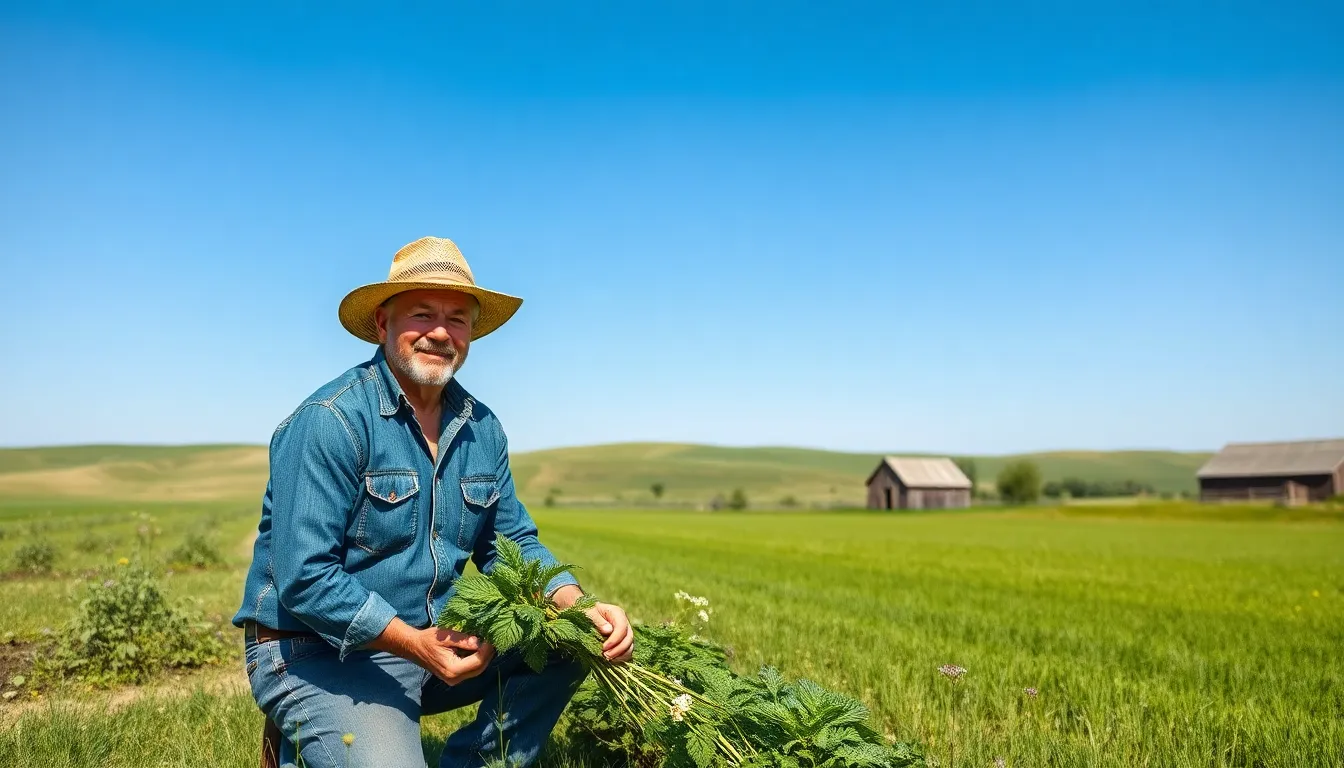Phone:
(701)814-6992
Physical address:
6296 Donnelly Plaza
Ratkeville, Bahamas.

In a world buzzing with city lights and endless traffic jams, the rural lifestyle offers a refreshing escape. Imagine waking up to the gentle sound of roosters crowing instead of blaring car horns. Picture sipping your morning coffee while gazing at sprawling fields instead of concrete jungles. It’s not just a life; it’s a delightful adventure waiting to unfold.
Rural lifestyle offers a serene alternative to urban life. It emphasizes a close connection to nature and a slower pace of living.
Rural lifestyle refers to the way of life in less densely populated areas, typically characterized by farming, open spaces, and close-knit communities. It involves daily activities such as farming, gardening, and outdoor recreation. People often find themselves surrounded by natural landscapes, enhancing their quality of life. Although resources may be limited compared to urban settings, rural areas provide a unique charm that many residents cherish.
Rural living features distinct characteristics that define its environment. First, open spaces dominate the landscape, providing ample room for outdoor activities. Community ties remain strong among residents who often know their neighbors personally. Access to natural resources, including clean air and fresh water, contributes to healthier lifestyles. Agriculture plays a central role, with many residents involved in farming or local food production. Peaceful surroundings promote relaxation and a sense of well-being.

Rural living offers numerous advantages, enhancing well-being and quality of life. Two significant benefits include a robust connection to nature and the presence of strong community bonds.
Living in rural areas provides immediate access to vast landscapes and natural beauty. Fresh air replaces polluted urban environments, promoting better health. Wildlife encounters happen frequently, enriching daily experiences. Gardening activities contribute to sustainable living and physical exercise. Scenic views inspire relaxation and mindfulness, creating a harmonious environment. Daily exposure to nature supports mental well-being, alleviating stress and anxiety.
Rural communities often boast tight-knit social structures. Residents frequently know their neighbors, fostering trust and support. Shared experiences during local events create lasting friendships and connections. Active participation in community activities strengthens relationships, promoting collaboration. Many individuals work together to enhance local resources, such as schools and parks. Support networks play a vital role in ensuring residents thrive, leading to a sense of belonging.
Rural living presents several challenges that residents must navigate. Limited access to services and employment opportunities frequently rank among the primary difficulties.
Healthcare facilities in rural areas often appear scarce. Many towns may lack hospitals or specialized medical practitioners, forcing residents to travel significant distances for care. Residents face challenges when seeking immediate assistance, leading to delayed treatment. Education services also exhibit limitations; small schools may not offer a wide range of courses or extracurricular activities. Public transportation options tend to be minimal, complicating daily commutes and errands. Access to internet services varies greatly, impacting work-from-home options and connectivity with larger urban areas.
Job availability in rural regions frequently suffers due to fewer local businesses and industries. Positions may be limited to agriculture or small retail sectors, reducing career diversity. Young people often seek employment in cities, resulting in an aging population. Many rural workers experience underemployment, taking jobs that don’t fully utilize their skills or education. Opportunities for advancement can feel stagnant, leading to feelings of frustration among residents. Local economies may struggle, contributing to lower wages compared to urban counterparts.
Transitioning to a rural lifestyle involves significant preparation and adjustment.
Finding the right location is crucial. Research different rural areas to understand their amenities and community dynamics. Evaluating personal needs helps in choosing a place with essential services like healthcare and education. Consider costs associated with moving, such as housing prices and property taxes. Creating a budget ensures financial stability during the transition. Gathering necessary paperwork is essential, especially for property transactions. Finally, packing essentials and preparing for a new way of life brings excitement and anticipation.
Adapting to rural living takes time and effort. Adjusting to a slower pace enhances daily experiences, allowing for deeper connections with nature. Learning local customs helps forge friendships with neighbors. Exploring outdoor activities, such as hiking or gardening, promotes well-being and community involvement. Participating in local events fosters social connections and contributes to community spirit. Utilizing online resources for shopping and services keeps rural living convenient. Developing new skills like gardening or small-scale farming enriches the lifestyle. Embracing the quiet of rural life often leads to enhanced mental clarity and life satisfaction.
Rural living offers a unique blend of tranquility and community that many find appealing. The connection to nature and the slower pace of life create an environment conducive to personal well-being. While challenges exist, such as limited access to services and employment opportunities, the rewards of a close-knit community and a healthier lifestyle often outweigh these obstacles.
For those considering a move to the countryside, embracing the rural lifestyle can lead to a fulfilling and enriched existence. With careful planning and an open mind, the transition can be a rewarding journey toward a more peaceful way of life.